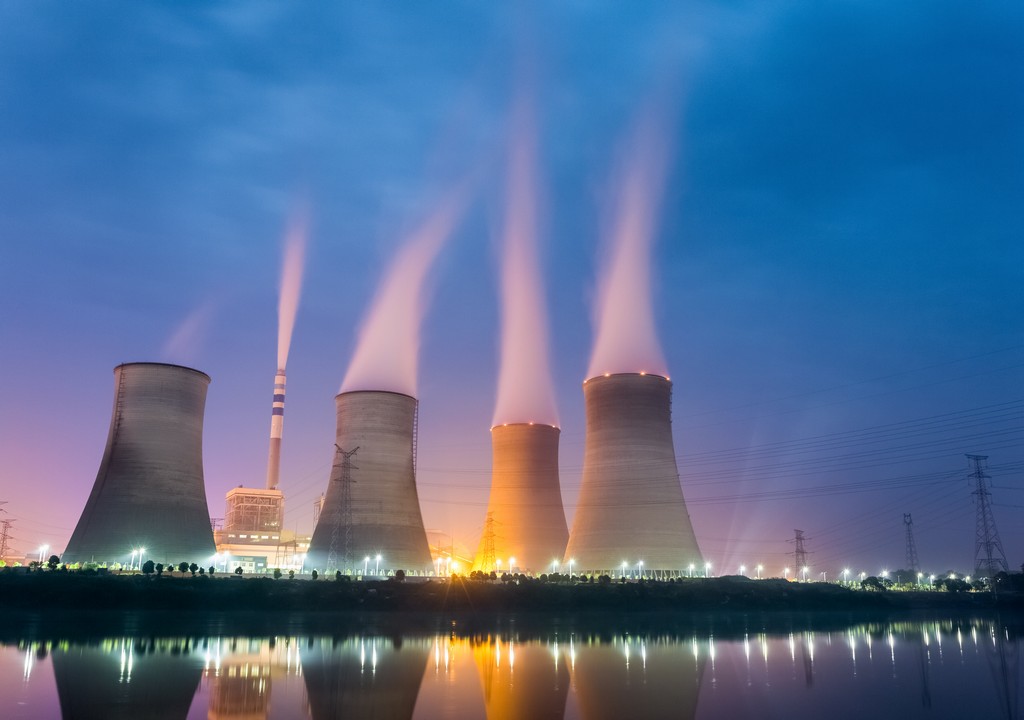Push for Nuclear Energy “too late” for PH – Analyst
- February 12, 2024
- 0

The Philippines should now direct its focus towards building renewable energy (RE) as developing nuclear energy may be too late due to the climate crisis, says an analyst.
In a report by Business World, Asian Peoples’ Movement on Debt and Development renewable energy lead Paolo Pagaduan said that waiting for the right time to agree and work on nuclear energy would already be way overdue.
Pagaduan added that the plan to include nuclear and RE should be quickened because the main point of the transition is to avert the looming climate crisis.
Energy Undersecretary Sharon Garin said that the government planned to implement nuclear energy by 2032, with a goal capacity of 1,200 megawatts (MW), as per the proposed new energy roadmap.
The Department of Energy (DOE) had been laying the groundwork for Phase 2, including the preparatory work for contracting and constructing nuclear plants, which would only commence once a policy decision has been approved.
Garin continued by saying that the Department of Energy is attempting to improve the nuclear energy strategy, which was supposed to be published this month. Having spent the previous two years preparing for this deployment, the DOE expressed confidence in its speed of execution.
Furthermore, the DOE Undersecretary clarified that the nuclear energy program requires time to complete because it needs to be safe, secure, and compliant with international standards.
Meanwhile, the Philippine Nuclear Research Institute director Carlo Arcilla said that the fastest route to build the nuclear capacity of the country is to rehabilitate the desolate 620 MW Bataan Nuclear Power Plant (BNPP).
The restoration of the BNPP would necessitate a jeepney-sized fuel, costing around $30 million, which should last for 18 months.
Arcilla further explained that a coal plant running the same as BNPP for 18 months, with 620 MW would require around $800 million.